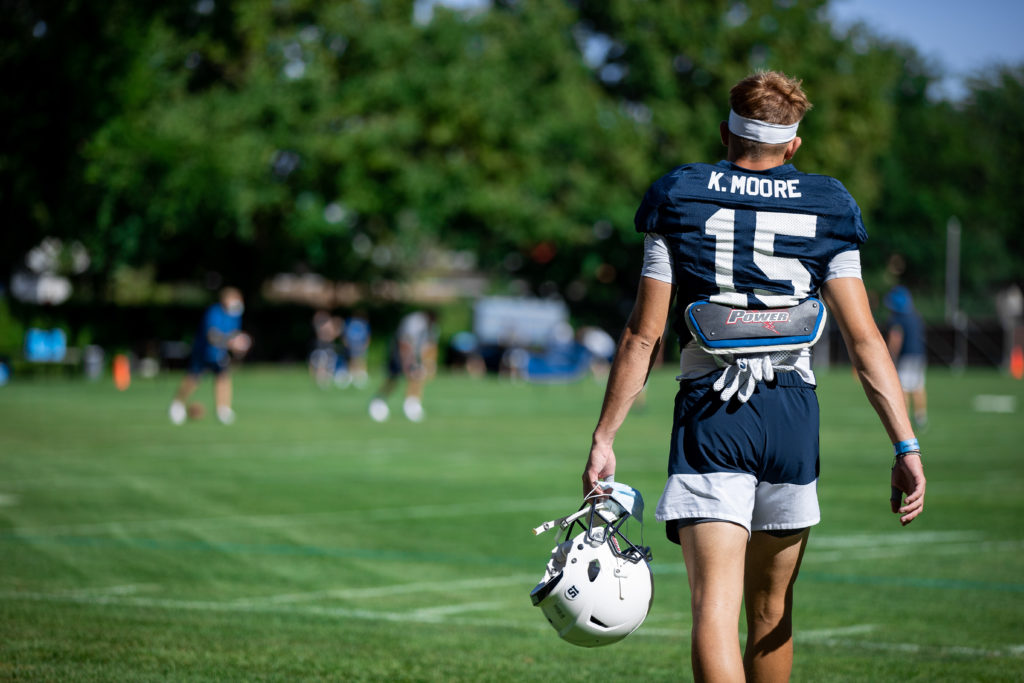
Former BYU linebacker and cardiologist with Revere Health, Dr. Marvin Allen told Ben Criddle on Tuesday’s Cougar Sports that the risk of BYU football players developing heart complications due to COVID-19 is “extremely low,” but the potential liability could be a factor in universities and conferences choosing to postpone the 2020 football season.
Allen said that early data shows some coronavirus patients develop myocarditis — or “inflammation of the heart muscle” — but most of these patients tend to have preexisting heart or other health problems that may contribute to the condition.
“I think the key is that there really is not a lot of data,” he said. “I really feel that the odds of a BYU athlete contracting COVID myocarditis that would have some kind of an impact on his health is extremely low. It’s probably the same chance as him getting in a motor vehicle accident and dying from that.”
Although the individual risk may be low, Allen said that the liability risk for universities may be enough to give athletic directors and university presidents cold feet about playing.
“I can only imagine the implications of a 23-year-old athlete who dies on the field, which is a [very remote] possibility,” Allen said. “The [negative] attention it would draw … would be substantial. I think it’s going to take a year or two and a lot of study to crunch numbers to see what this risk really is. My opinion is that it’s very low, but I’m sure you could find somebody to testify differently.”
Allen said he believes universities could take steps to drastically reduce any risk, including screening athletes who test positive for the virus for heart abnormalities using ultrasound technology, EKGs and possibly MRIs. While many decision makers have the health of student-athletes as a top priority, Allen said he believes that the risks of playing college football this fall may be overblown.
“There are those who are genuinely concerned about the student-athletes, who say it’s better to be safe than sorry,” he said. “That’s not an unreasonable approach. I think there is a lot of fear and decisions get based more on fear than facts. Strictly from a medical point of view … my opinion is that you can safely [play].”
Written by Bridger Beal
Bridger is a student at Utah Valley University where he studies journalism and mass communication. He is the sports editor of the on-campus newspaper, The Review. Bridger is a life-long Cougar fan and college football enthusiast.








